Raising Muscovy Ducks
This post may contain affiliate links, view our disclosure policy for details.
Raising Muscovy ducks is very easy. They are easy to care for, friendly and a great dual-purpose duck to have on the homestead. In this post, you’ll find all the information that you need about raising Muscovy ducks.
I’ve been raising Muscovy ducks for a few years now and I can tell you, hands down, it’s the easiest animal I have ever taken care of. Or in other words… They pretty much take care of themselves.
I started my Muscovy duck journey with two females (hens) and one male (drake) that my ex-husband picked up from friends and this trio multiplied very quickly and became a great source of food for us.
But there is so much more to Muscovy ducks than just food production! We are going to go over all the benefits of raising them and all the questions that you might have. Let’s jump in!
Raising Muscovy Ducks…
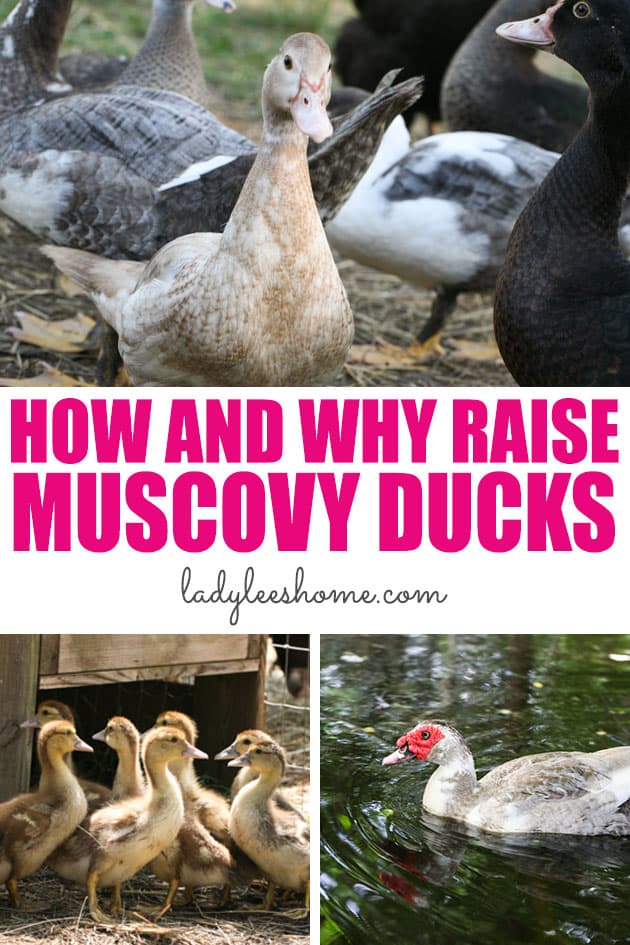
I am going to try to answer all the questions that you might have about Muscovy ducks. I hope that if you are considering this amazing breed of ducks this post will give you all the info that you need to make a decision.
If at the end of this post you have additional questions, feel free to post them in the comments.
Origin of Muscovy Ducks…
Muscovy ducks are native to South America and you can still find them roaming around wild in the jungles there.
Their original name was Musco ducks because they eat so many mosquitoes. The Russian Muscovites were the first to import them into their country and raise them domestically; this is where the name Muscovy came from.
They are the only duck that is not derived from the mallard duck. In fact, they are not considered a duck. They are a large waterfowl, something between a goose and a duck.
What do Muscovy Ducks Look Like?
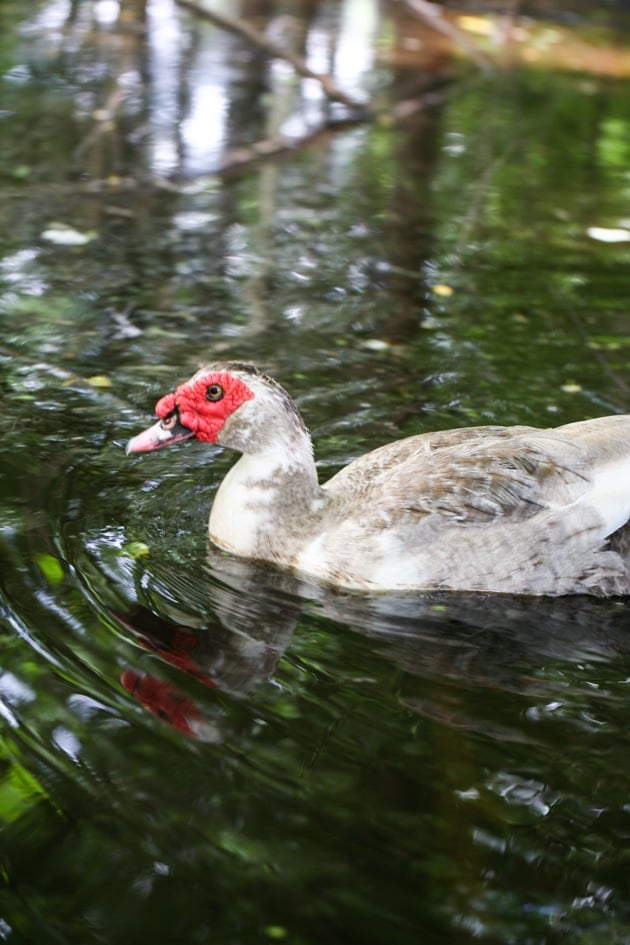
One of the most known characteristics of Muscovy ducks is their large red, warty caruncles on their head. They appear when the duck reaches maturity around 5-6 months of age. The male Muscovy has a larger mass of them while the female only has a red mask around her eyes.
Note that in this post, you’ll see a lot of pictures of my Muscovy ducks without the red, warty caruncles, this is because they are still young, probably around 4 months of age.
Muscovy males are large. They can reach 15 lb while the females are smaller and can reach about 9 lb.
Muscovies have many different and beautiful colors. They can range from black to brown to grey or white or tan and one duck can have more than one color.
Do Muscovy Ducks Quack?
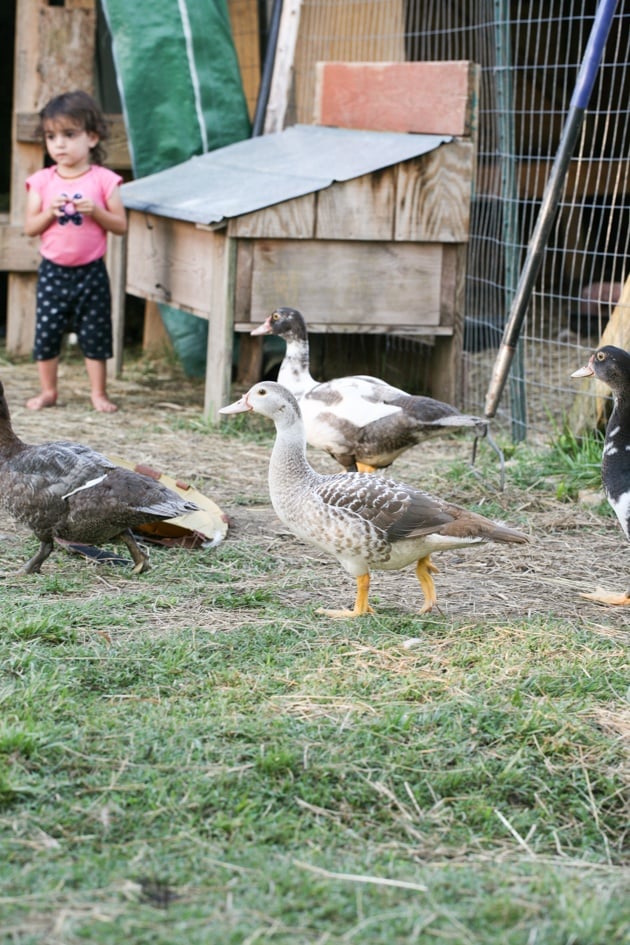
No! Muscovy ducks don’t quack. They do make a hissing noise mainly when they talk to each other but it’s not a loud noise. For the most part, they are very quiet ducks.
This might be a pro or it might be a con to owning Muscovy ducks depending on what you like. I generally prefer quiet! I owned Guinea fowl before and just about lost my mind with the amount of noise they made.
What do Muscovy Ducks Eat?
Muscovy ducks eat chicken feed, bugs, flies, mosquitoes, greens and kitchen scraps, bread and pasta, and fish.
If your Muscovy ducks are free-range, they don’t need you to feed them a whole lot even when they are very young. They will clean your yard of ticks and other nasty bugs.
You’ll see them eat some grass and other greens (yes! They will eat your garden if they can access it) as well.
But maybe the best thing about Muscovy ducks is that they love eating flies and mosquitoes! You’ll literally see the ducks catch the flies in the air as they fly by. When it comes to mosquitoes, they’ll either eat adults or they’ll eat them at the larva stage.
Let me tell you a story… I moved to my house in the country in 2016. The house was abandoned for 7 years. There was trash everywhere, standing puddles of water, and an overgrown lawn.
Right next to the house there is a pond. But it’s not really a pond, more like a swamp. It’s shallow and fills and dries depending on the rain.
A perfect breeding ground for mosquitoes, ticks, chiggers and so on.
Even though we cleaned the place, it was still impossible to sit outside on the porch, the mosquitoes were just unbearable! This went on for a year. Then, we got our three Muscovies… Within 3 months, the place was cleaned up completely.
Since then, I have maybe 10% of the flies that I should have with all the livestock around me and not a single mosquito in sight! For me, this is a great reason for owning these amazing ducks!
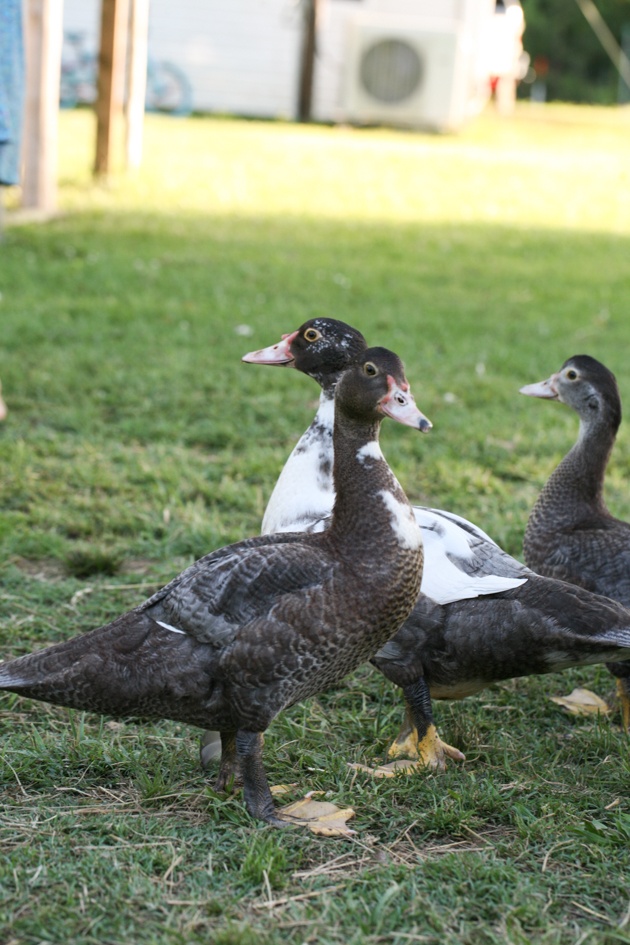
Even though they can forage and take care of themselves, I still feed my free-ranging ducks a couple of cups of chicken feed in the morning, just to get them used to me and to a routine.
If your Muscovy ducks live in a fence they will depend on you to feed them…
Ducklings – ducks grow very fast and so they need feed that is rich in protein. Non medicated chick starter feed with 20-22% protein is a good choice. Feed it free choice.
Young ducks and adults – I find that after the first three weeks Muscovy ducks can transition to adult feed with no problem. Feed 16% protein chicken layer feed either free choice or at least eight ounces per duck per day.
You can also feed your ducks corn, herbs, kitchen scraps, weeds, old bread, fish, old cheese, and so on.
Always make sure that your ducks have plenty of water! Muscovy ducks love washing themselves and they drink a whole lot. Like any other duck, they make a mess of the water so make sure to clean and change the water daily.
This is a great article on how to feed ducks if you want to dig even deeper.
Do Muscovy Ducks Need Shelter?
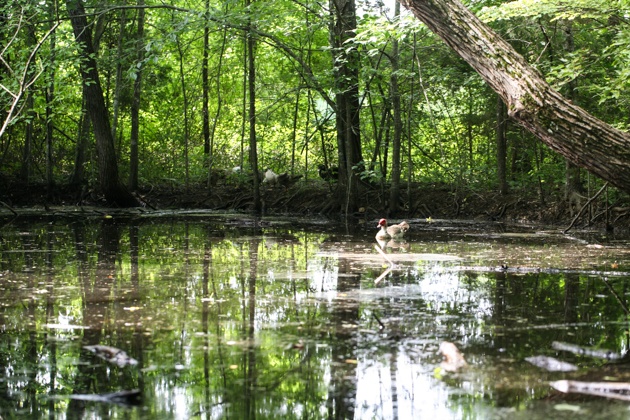
Muscovy ducks only need shelter for their nests or if you live in a very cold climate. They don’t mind the rain, they don’t mind the cold, they don’t mind the snow, and they don’t need you to supply them with roosting bars because they prefer the ground.
They are very hardy ducks and easy to care for! My ducks do have shelter but I never see them use it. I’ll see them stand in the rain and enjoy it. Even when we get some snow, they still stay outside.
Now, I am in the South and it never gets below zero here. We also don’t have a whole lot of snow. Maybe if you live in Alaska it makes sense to make sure that they have a protected place to hang out in during the winter.
However, they do need a protected place for their nests. Something like a nest box or access to the floor of the chicken coop or maybe access to an old shed or some sort of outbuilding. My free-ranged ducks love making a nest in my dog’s house! You’ll learn more about their nests below.
Are Muscovy Ducks Friendly?
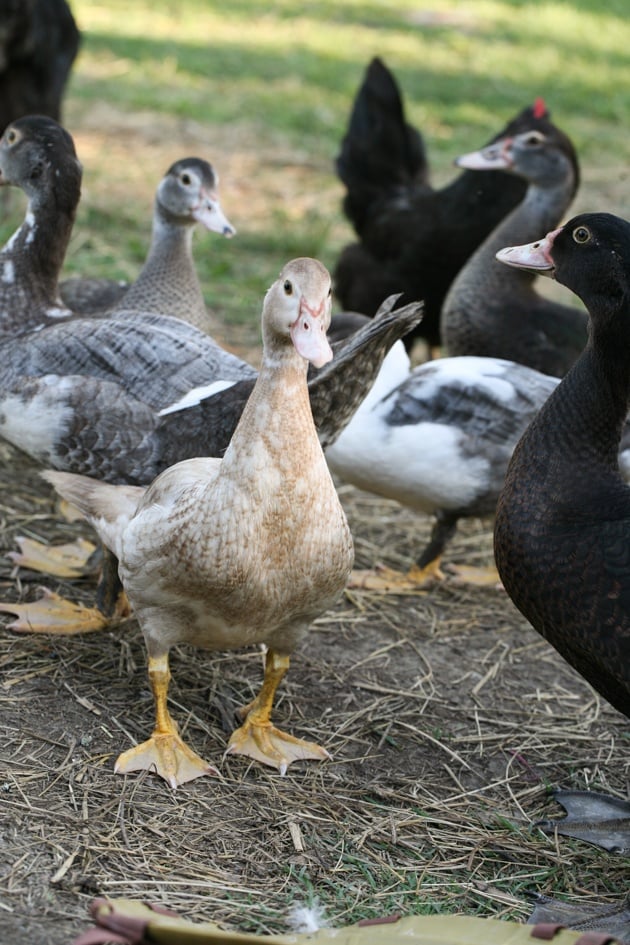
The only time that Muscovy ducks are not friendly is when they have their young with them. A mother Muscovy duck will try to make sure that no one gets closer to her ducklings. Other than that, they are VERY friendly ducks!
They will eat from your hand and follow you everywhere like dogs. They are very slow (which makes them easy prey if they are free-rangers) and easy to catch.
They generally get along very well with other animals! I raise my ducks around my dog and cat and they live with the chickens and goats.
They get along very well with the other animals. Usually, it’s the chickens that are mean to them and I need to keep an eye on and deal with a mean hen.
Between them, they get along very well. The only time that I had an issue was when I had too many drakes in one fence. They kept fighting with each other and with the roosters and I had to get rid of a few. This is normal behavior for most animals.
If your Muscovy ducks are fenced, make sure that you don’t have more than one drake for four hens.
When do Muscovy Ducks Start to Lay Eggs?
Muscovy ducks start mating and laying eggs around 7 months old. The female chooses a location for her nest and keeps coming back to the same nest. If you have a few females, each one of them will have her own nest.
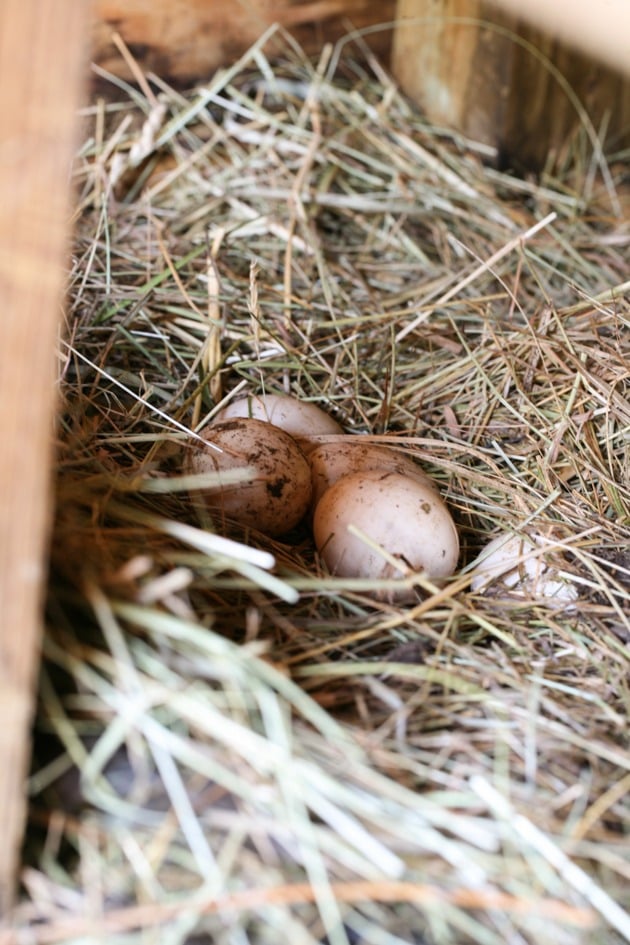
They mostly make their nests on the ground in a protected area. They might choose to make their nest under the goat’s milk stand, in an empty bin, or under the wooden pallet that holds the hay bales.
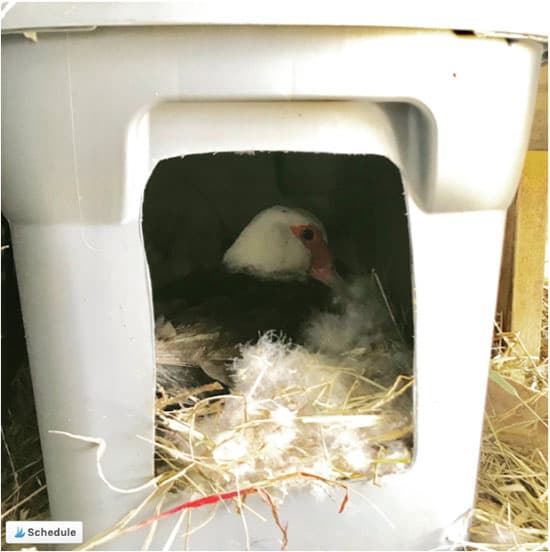
They pluck some of their breast feathers and use straw to make their nest.
They lay one egg a day in that nest and if you leave the eggs in the nest, the hen will start sitting on the nest when it has 6 or more eggs. Most of my hens go broody when the nest is 12 to 17 eggs large.
It takes 35 days for Muscovy duck eggs to hatch. During those days the hen doesn’t always stay on the nest. She might leave the nest for a little while and go to eat or wash.
This might be a little strange if you are used to chickens. Broody hens will not leave the eggs and chicken eggs have to keep a certain constant temperature in order to hatch.
At first, when I saw my broody Muscovy hen get up and leave her nest I thought that the eggs were ruined. But trust the duck and don’t touch the eggs! She will be back and all will be fine. She knows very well what she is doing!
You can watch a video of my first Muscovy ducks hatching on YouTube HERE.
Muscovies do not lay eggs year-round. They start when the weather starts to get warm in the spring and stop when the weather cools down. Here in the South, their season is between March to October. Then they will take a break for the winter.
During their season, they can sit and hatch two to three nests. If each nest has 10-15 eggs in it you can imagine how fast the Muscovy population in your homestead can take off.
I manage that by collecting some of the eggs and butchering some of the ducks.
Are Muscovy Ducks Good Mothers?
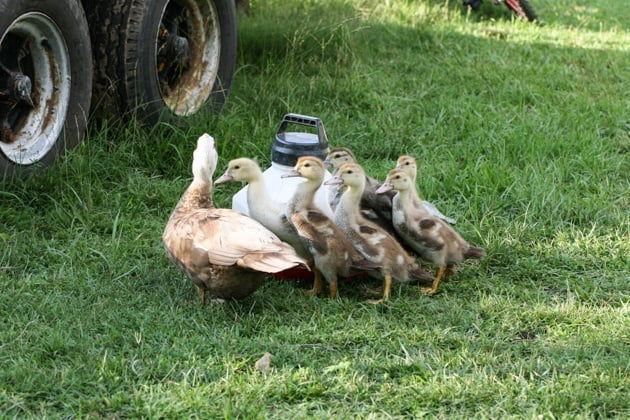
Muscovy ducks are the best mothers. They take very good care of their young and they are very protective of them. In fact, Muscovy mothers are pretty aggressive and won’t let anyone close to their babies!
Once all the eggs hatch the mother will spend two more days in the nest with the babies. She will clean her babies and won’t leave them for a moment. She doesn’t show up for feeding those days and I don’t feed her or bring her water. I just let them be.
After a couple of days, they will leave the nest and just walk around. Sometimes they come back to the nest for the night and sometimes they find another spot.
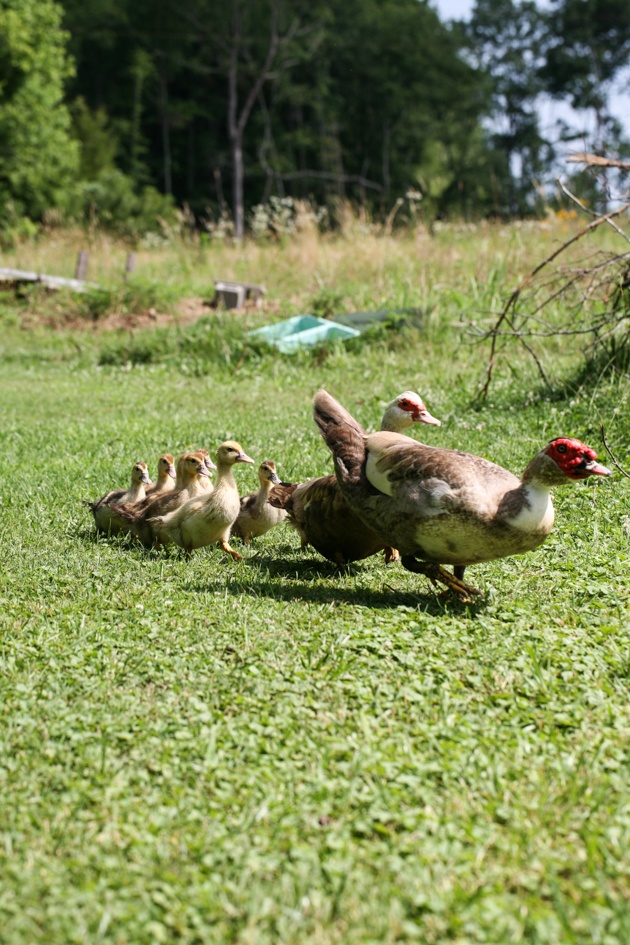
The young ducklings will always stay behind their mother. If your ducks free-range they’ll walk around and hang out by a water source like a pond if one is available.
Take into consideration that the little ducklings are very easy prey. Many times I had mothers go into the woods with 10 ducklings and come back with 6.
You can choose to grab them after they hatch and move them to a brooder for a few weeks for their protection. Make sure to relocate the mother as well so she knows where her ducks are.
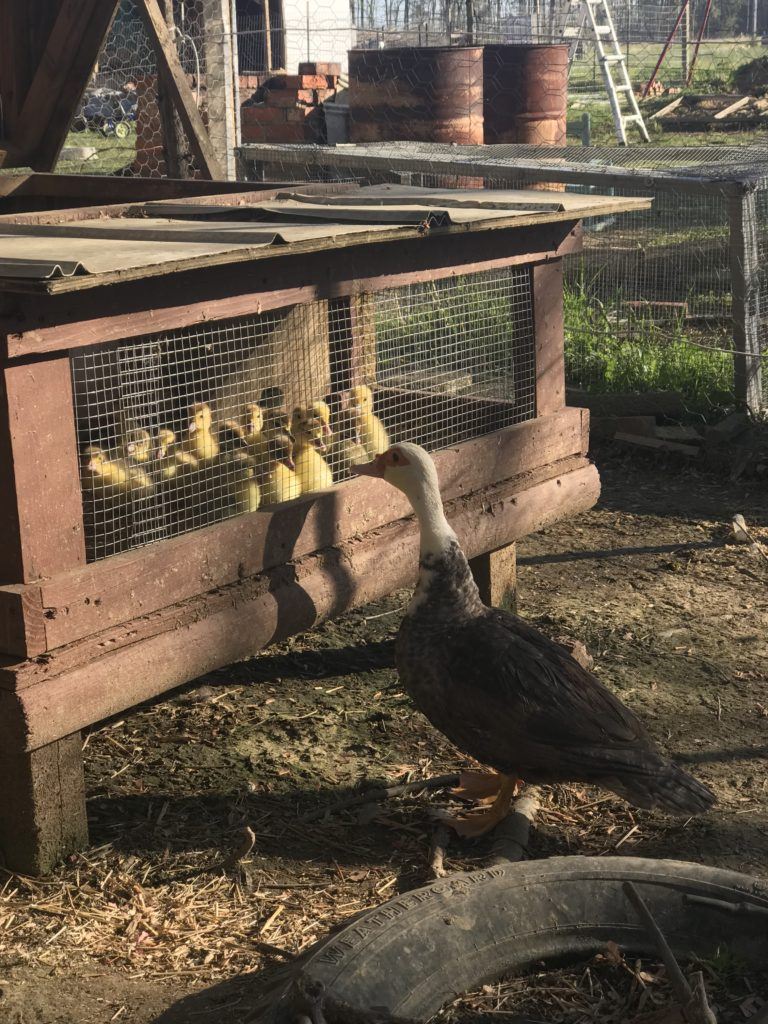
I sometimes move them to a brooder that has an open top. This way the mother can fly in and out. She can go wash and eat and come back.
If your ducklings don’t free-range, you’ll have to make sure that they have water and feed. Make sure that the water dish is not deep. They will most likely play in the water and if it’s deep and there is no easy way for them to get out they will drown.
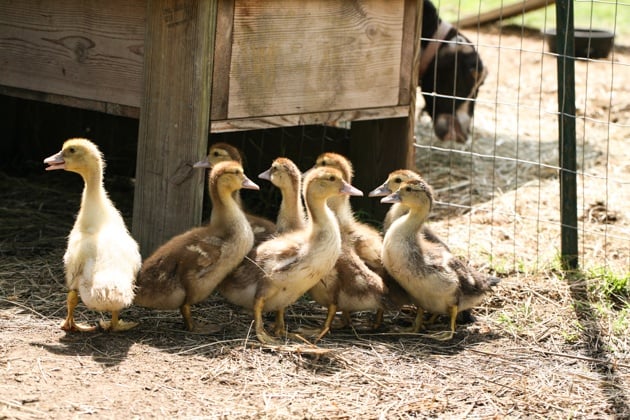
Ducklings grow very fast and somewhere between four to six weeks they no longer need their mother. She will take a little break and then she’ll start mating and laying eggs for the next nest.
How to Tell the Sex of Muscovy Ducks…
When Muscovy ducks reach maturity it’s easy to see which one is a hen and which is a drake. The drakes are considerably larger than the hens and they have a larger mass of red caruncles on their head.
When they are young ducklings, sexing is a bit more difficult. I look at their tail. The drakes will have a much fatter tail than the hens. Still, it’s not easy to sex them when they are young.
This video will show you how to sex day old ducklings. I’ve never tried it but this might be a reliable method.
Do Muscovy Ducks Fly?
The drakes can fly but not very well since they are pretty heavy-bodied. I see my male ducks fly very low, just a few feet off the ground and not very far or often. The Muscovy hens fly very well.
The hens fly all over and around the homestead and often land on the roof of the house and just hang out there for a while, walking from here to there.
It’s very cute to see them up there on the roof but not always a great thing… I have a friend that is now dealing with a leaking roof because the ducks messed with the seal around the vents.
If you don’t want to have your ducks free-range and fly and prefer for them to be fenced and not fly around, you can clip one of their wings just as you would do with chickens. I show how to do this in my post about clipping chicken wings.
Will Muscovy Ducks Fly Away in the Winter?
Muscovy ducks don’t care much about the cold and even though they are a wild kind of duck, they are also very domesticated and love having a home. They don’t fly away in the winter.
I have never had my ducks take off even though they were free. They love staying around the house. They come back every morning to eat the feed that I throw on the ground for them. They make their nests around the homestead even though they can go and find a hollow log or a bush nearby.
I do get emails and comments from people who walked out of their house one day and found a Muscovy duck by their pond (check the comment section of this post). So I guess that sometimes they do fly around but for the most part, if you provide them with a good home they will stay around the homestead.
Raising Muscovy Ducks For Egg Production…
Muscovy ducks are not an egg-laying machine. Not at all and I don’t recommend choosing them if egg production is your main goal. A hen might lay 80-120 eggs a year.
Don’t get me wrong, their eggs are amazing. They are the size of a very large chicken egg, the shell is creamy white and very strong, and the yolk takes most of the space in the egg. Their eggs are rich and very tasty.
We eat their eggs just as we eat chicken eggs and I also use them for baking (they make the best baked goods! I use them in my pumpkin bread, sweet potato bread, apple cake, challah bread, or any other bread or cake that calls for eggs).
They just don’t lay a ton of eggs which is the reason that I won’t keep them mainly for egg production.
Raising Muscovy Ducks For Meat Production…
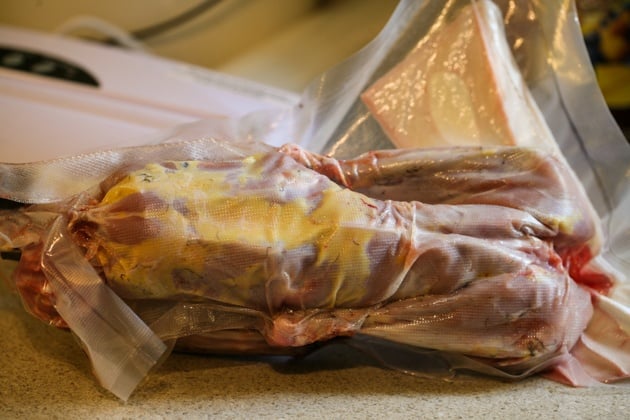
Muscovy ducks are a great source of meat especially for those of us who are looking to become more self-sufficient. They might take a little longer than other breeds of ducks to mature but they lay, hatch, and care for their own young.
Here is the thing… Meat breeds can’t reproduce. So, if you raise Cornish Cross chickens, for example, you butcher them at 8-9 weeks and you have to turn to the hatchery to purchase your next batch of meat chickens. You are depending on the store.
If you don’t want to do that and you decide to raise a heritage breed that moves around, behaves like a normal chicken, and can reproduce (I chose Black Australorps), you are probably looking at 6-8 months for those chickens to reach their full size.
Muscovy ducks are not engineered, they can reproduce very well (one hen can hatch 30 to 50 eggs in a season), they are great mothers (saving you all the work of raising babies), AND they reach butchering size in 3-4 months old. Half of the time that it takes a heritage chicken.
Add to that the fact that their meat is great… Mostly dark meat and very lean (98% fat-free) making it a very healthy kind of meat and you have a great duck for self-sustained meat production.
Also, you should know that Muscovy duck meat is Kosher. So if you are Jewish and follow a Kosher diet, these ducks are a great source of meat. If you’d like to learn more about why Muscovy ducks are Kosher, this is a great article.
Butchering these ducks is exactly the same as butchering chickens or butchering turkeys. Here is a step by step tutorial on how to butcher a duck.
Muscovy Ducks: Pros and Cons…
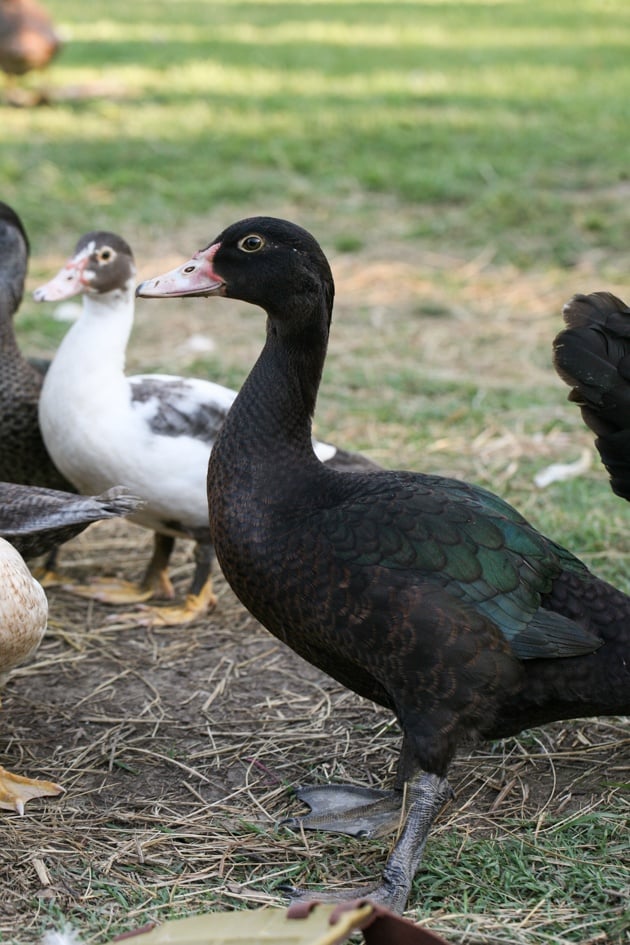
I know that this was a lot of information! Let’s make a quick list of pros and cons of owning Muscovy ducks so you can decide if they are for you…
Muscovy ducks pros –
- Friendly birds – they are friendly (apart from when they care for their babies) toward humans and other farm animals.
- They can help you control the fly and mosquito population – if you raise cows or other livestock you should consider adding a few Muscovies to the farm. They will reduce the fly population dramatically. Also, it might be a good idea to raise Muscovies in the bee yard if you keep bees. They’ll protect the hives from crawlers, wasps, and so on.
- They eat ticks and other parasites – they can help clean your yard.
- They don’t scratch or dig – as opposed to chickens, Muscovy ducks don’t scratch, dig, and make a mess.
- Great eggs – their eggs are the size of a large chicken egg. Large yolk, rich, and very tasty.
- Great meat – their meat is 98% fat-free, dark, and delicious. It is also Kosher.
- Great mothers – Muscovies will take care of their babies, saving you the need to hatch or purchase and raise ducklings.
- Quiet – they don’t quack. This may be a pro or a con for you.
Muscovy ducks cons…
- Slow, easy prey – if your ducks free-range you might lose some to predators.
- Don’t lay many eggs – around 80-100 a year.
- They fly – this might not be an issue for you but take into consideration that they can land on roofs and poop and such.
- They poop a lot – oh well, this is true for any duck… They just poop a whole lot!
I hope that this post gave you enough information to decide whether you want to raise Muscovy ducks or not. They are a great breed of duck to add to any homestead in my opinion.
If you have any questions, please feel free to post them in the comments. If you are raising Muscovy ducks please share your experience with us in the comments below.

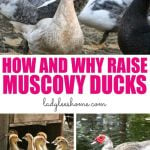
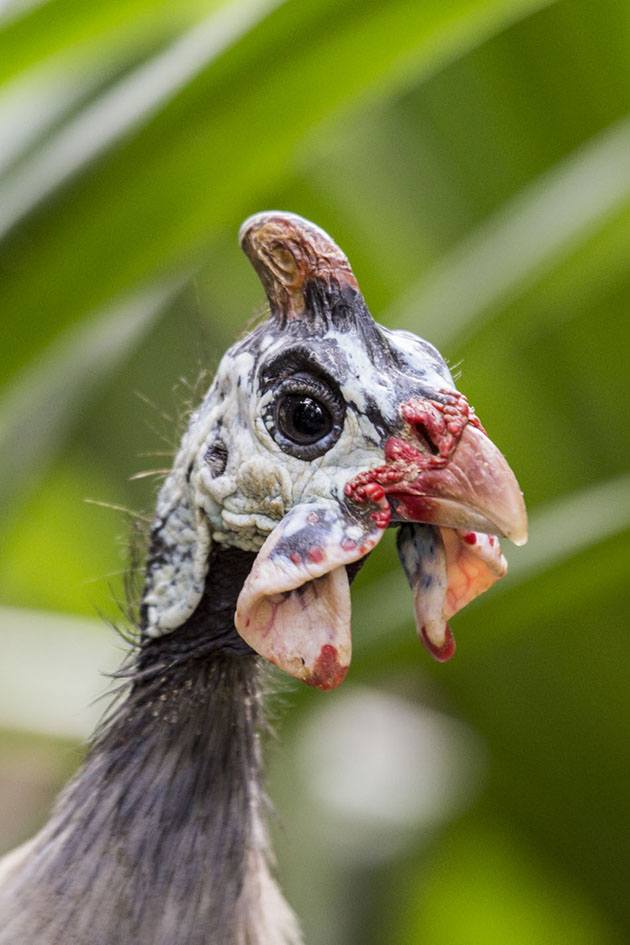
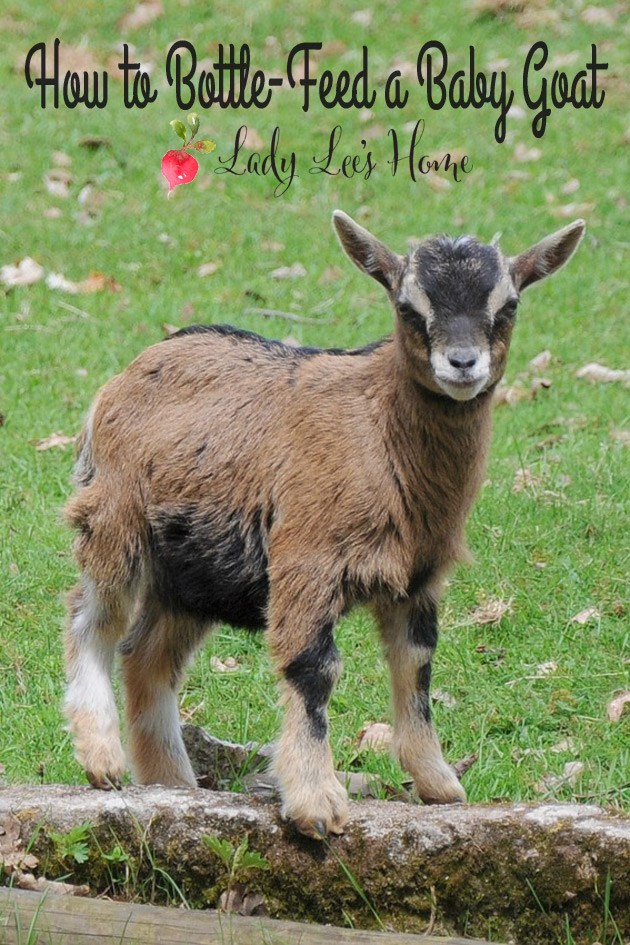
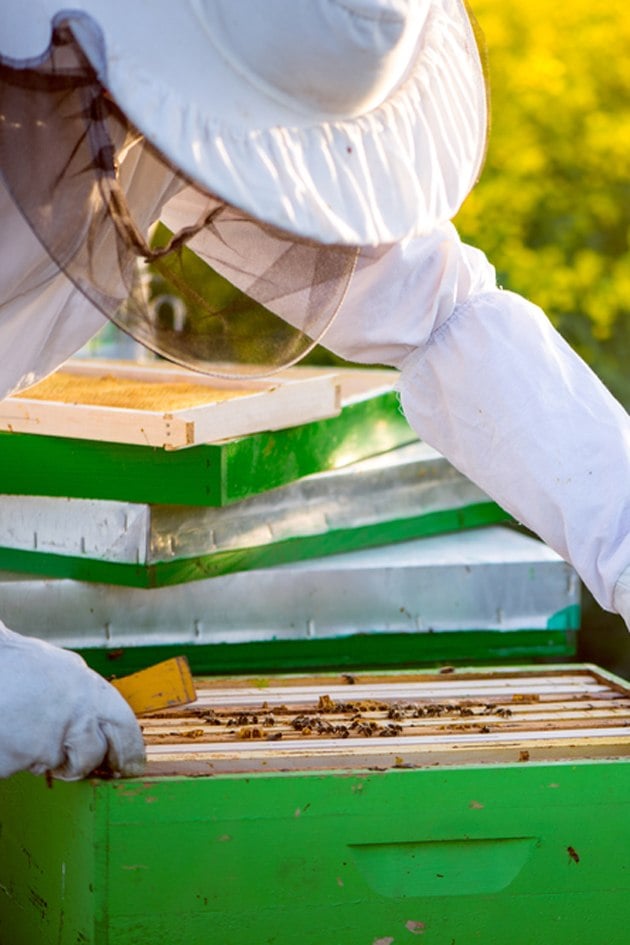
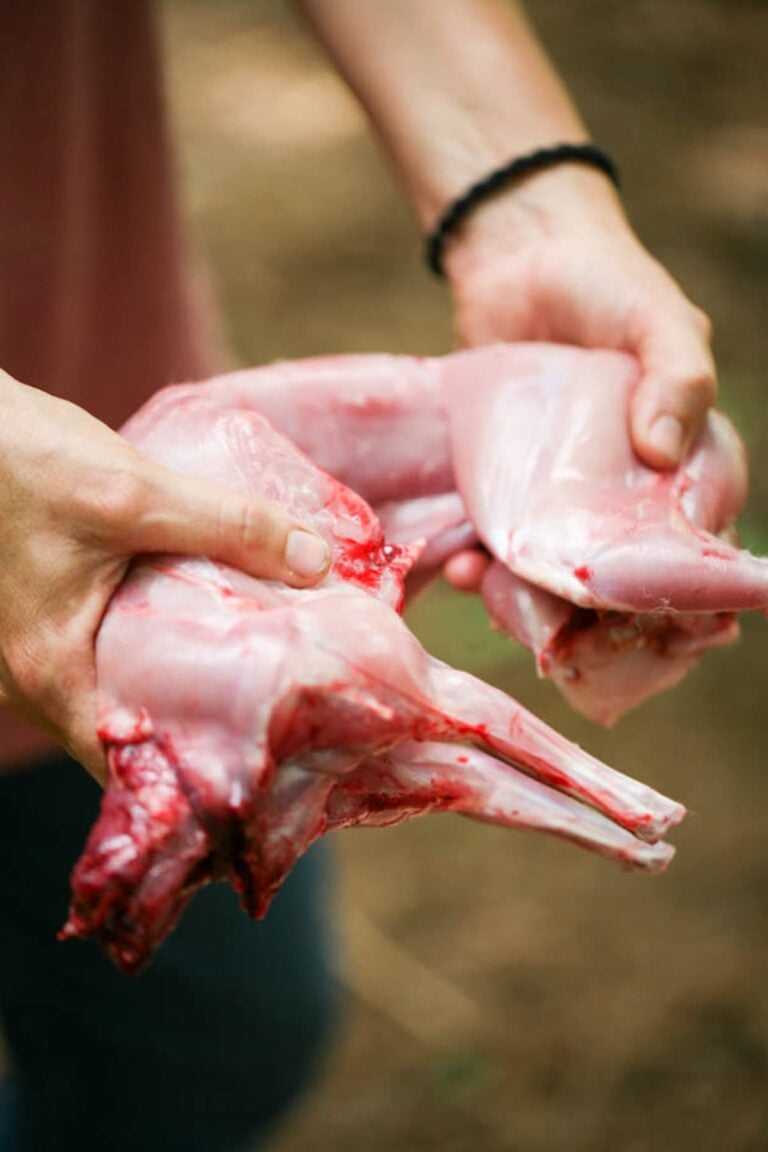
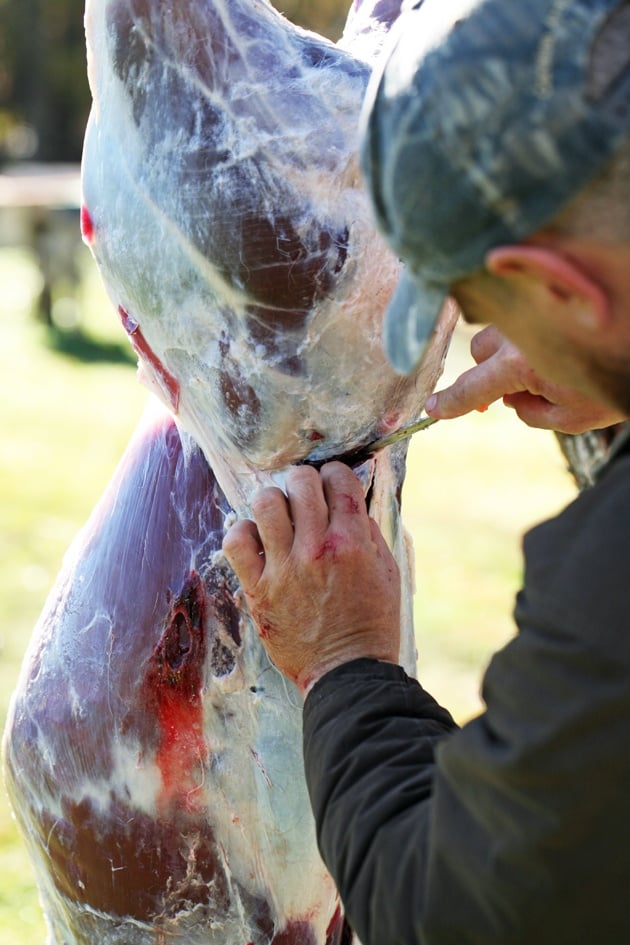
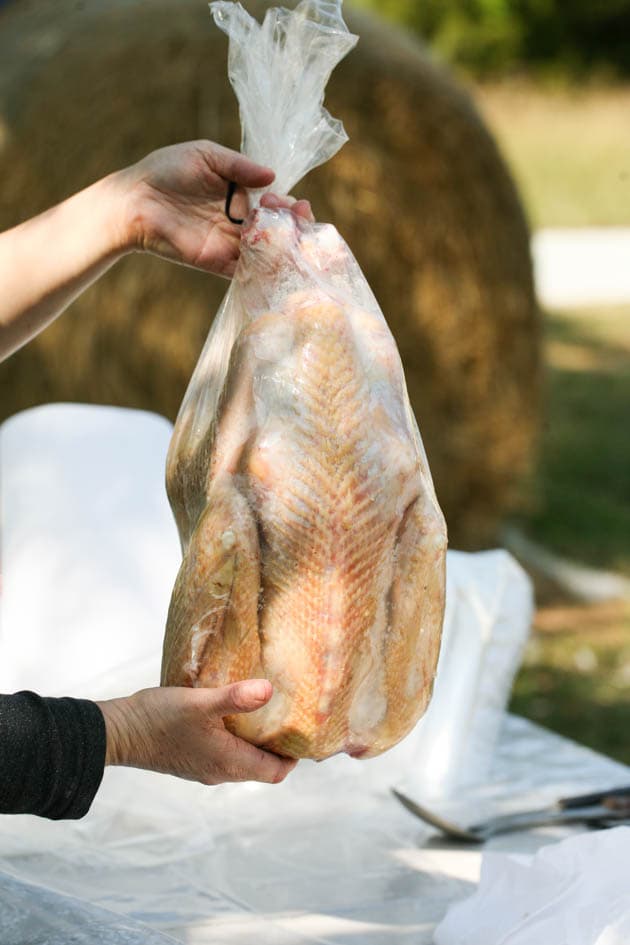
Have you ever tried putting Muscovy eggs from an incubator under a Muscovy hen just prior to hatching or even after pipping?
I’ve actually never used an incubator! I try to choose breeds of animals that can do as much as possible on their own.
Hi Lee,
Thank you so much for the information! I know someone that lives in a suburban area in NC with a population of muscovy ducks. She tells me that someone must have dropped off the ducks in a parking lot and now there are a bunch in her neighborhood! The strange thing is that the mother is never around once the ducklings hatch. The ducklings are all on there own and have no sense of what “danger” is. They do not run from dogs, people, and even cars! Is this normal behavior? You have mentioned the mothers are protective of their ducklings. This person says there is something off about this population and it’s sad to watch. There are also Mallard ducks in the mix and they are doing well in comparison.
I’ve never met a Muscovy mother that left her babies! That is strange but they are a living things and not all the same. Usually they stay together for at least a month after hatching. As far as fear… Yes! They seem oblivious to any danger and they are easy prey. It sounds like they are pretty protected in that place tho.
Excellent article, very thorough. I have a pair that recently migrated into my community and I really enjoy having them around. They remind me of my dog… very friendly wagging their tails and begging.
They do actually behave like dogs sometimes! They’ll follow you everywhere.
Hi Lee! Have you ever raised guinea fowl along with your Muscovy’s? Wondering how they would do together. Thanks for the great article.
Yes! When I had guineas I also had the Muscovys. They did great together, just like the chickens and the Muscovys. I had no problems.
Thank you. Great article. I have a broody hen right now and I am SO excited for our first hatch!
They are so so stinken cute! You are going to love them!
They do dig a bit with their bills, looking for grubs, roots, seeds and grit. Especially in wet areas of the yard or where a water bowl has just been dumped out.
Some will also roost, mine are like billy goats and like to get off the ground both in and out of their coop.
Mine never do. I just built a bench for the goats to climb on and I thought that maybe the ducks will sit on it but they don’t fly up to it. They are always on the ground… But they have their own individual personality. They are very entertaining.
My husband manages an RV park and we live in the park. When we moved in, there were three muscovies already here. Since then, I’ve grown to prefer the muscovies. They are fun to watch and interact with. We’ve been gifted many ducks for the pond but this breed is our favorite.
Thanks for the info you’ve provided! It is very helpful!
They are just so simple, quiet, and entertaining. I think that they are a great addition to and pond! Glad this was helpful. Thanks for stopping by!
I don’t know how anyone could butcher these ducks after seeing how wonderful they are. I enjoyed your article up until you brought up butchering them. So sad.
I understand that it’s hard. When I was 18, I took a job at a commercial chicken house. I lasted three days! My heart was broken and I couldn’t bare staying there. There was no room to stand because the commercial houses where so crowded. The chickens were featherless, sick, fed cheap, medicine infused feed. Nest boxes had no bedding, the eggs were dropped into a belt thingy.
I left after three days and promised myself that if I ever can, I would raise my own meat. I’ll give my birds a happy life and butcher them humanly. For me, every duck or chicken that I raise and butcher myself this way is one saved from a commercial chicken house. I know it might not be exactly this way but it helps me when butchering time comes.
hi my name is Larry, my wife and i are considering raising these ducks. We live in southern Canada and our winters are very cold.It was interesting reading your article something for us to consider next year.WE are retired and raise chickens for the eggs and have raised roosters for meat in the past.We have a small farm 10 acres of land.It seems to be easy to rise these ducks , we have a fenced in area for our chickens and a closed in place for these ducks, we will have ti think about it this winter.Nice to have read about these dusks, you where very informative. Have yourself a great day
They will be the easiest animal you ever took care of! They are a great addition to the homestead. Glad you found this helpful and thanks for stopping by!
Hi Larry, we are North of Edmonton and we are raising a couple of ducks. they have free ranged all summer and we have made a house and have 4 laying hens as well. The ducks are still not interested in going in. I think winter is going to be hard to keep them in the hen house.
Hi, We live in a very rural area with lots of farmland and a pond in Western Pennsylvamia. About a week ago, a duck showed up at our pond. after researching it, I found out it’s a male Muscovy duck. Over the week, he has walked the 1/2 mile dirt/tarred and chipped road a couple times, hung out at the pond, sometimes near a mom, dad and 5 almost fully grown/adult Canadian geese chicks, but never goes in the pond. He has made his way up the hill to our house, about 1/4 mile and found the birdseed on the ground under our birdfeeders and hung out in the woods nearby. He starts to walk away when i get within 30 ft. I have messaged a lot of local people to see if he came from a nearby farm or yard, but chances are that someone dropped him off at our pond to get rid of him.
My questions are…
1. Will raccoons bother him? Because we do have them at our birdfeeder area a lot if he decides to come up to our backyard again.
2. Why doesn’t he go in the pond? It’s a very large man made pond probably the size of a football field or larger and stocked with fish. There are several snapping turtles in the pond, maybe the duck noticed that.
3. If he decides to stay in the area, do I need to put a water source out for him if the pond is there(of course, again I haven’t seen him in it)?
4. Since we live in PA, what happens if he is still around when winter comes? We don’t have a barn or any shelter. And what about thunderstorms?
5. I noticed that you said males do not fly as well, but he hasn’t tried at all, that I have seen. IF he ever let’s me close, how can I tell if his wings are clipped?
6. If he decides to stay, do I need to feed him, or can he find enough food? What about in the winter?
Any advice would be greatly appreciated.
Ok, let’s see…
1. Yes, raccoons can hunt him. The male, since they are heavy and slow, they are easy prey.
2. I’m not sure why he won’t go in the pond… The turtles might be an issue. But trust him that he knows what he is doing. If he chooses to stay out of it, there is nothing you can do.
3. No reason to put a water source for him (you can if you really want to tho. It won’t hurt anything). The pond is more than enough.
4. These ducks are super hardy. They don’t care much about the cold, snow, or a thunderstorm. He should be fine in the winter.
5. Adult male are heavy and they aren’t great at flying. If they fly, it’s usually very low. You’d have to hold him and spread his wings to see if they are clipped.
6. In the summer, it’s easy for them to find food. He’ll probably be able to find food in the winter too but you might want to feed him just a little bit so he gets used to you. If you want to keep hime, if you want to make sure that he stays around (when free-ranging), if you want to be able t check on hime, if you want him to get used to you so maybe you can hold him one day, then food does it! I feed my ducks in the same spot at the same time every day. They get used to us and this way, if I even need to catch one I can do it during feeding time.
I hope this is helpful. If you just want to keep him free-ranging, then let him do his thing and enjoy him for as long as he is there. You might wake up one day and he’ll be gone. That’s just how nature works.
If you want to protect him, then he probably has to be in a fence. If he gets used to you feeding him you might be able to get him in a fence and used to shelter.
It’s all a matter of what you decide that you want to do.
Thank you. After a week of him being around, a female just showed up last night and was by the pond and then came up to the house with him this morning to feed on the birdseed on the ground under the feeders. I at least feel better thst he isn’t alone.
I just got 4 Muscovy Ducks. I plan to let them free range when they are big enough. Best advice for letting them free range and keeping them safe from predators
It’s hard to let them free range AND protect them from predators at the same time… If you are setting them free, then you let nature do its thing. They might last a week, they might last eight years… There is no way to know.
I would say though, they usually stay close by. So if you have a dog that keeps predators away but doesn’t kill the ducks that’s the best situation. I would have had nothing here if not for my Australian Shepared!